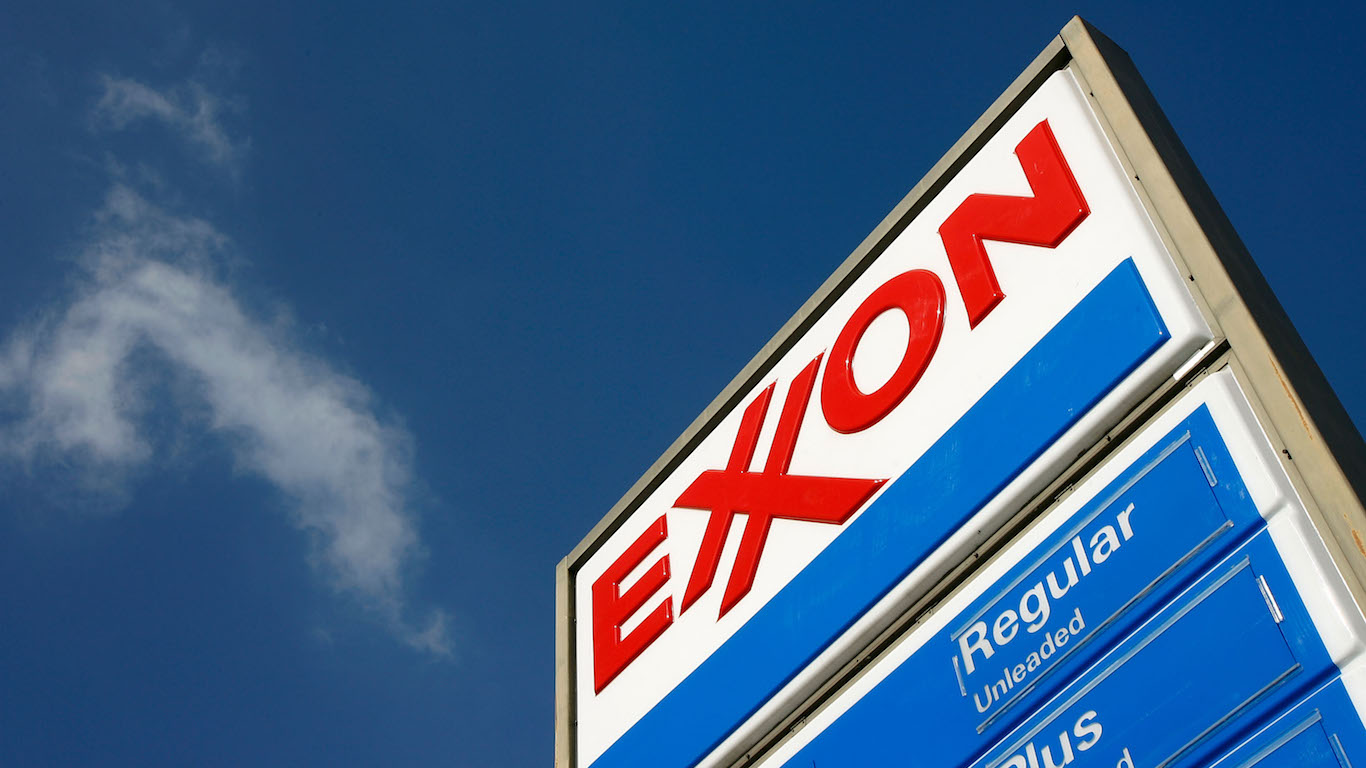Investing
The Top Energy Stock Billionaire Investors Are Buying Hand Over Fist

Published:

Energy has been the worst-performing sector over the past year, returning less than 1% compared to a 34% gain by the S&P 500. Weak demand for oil has depressed the segment and the U.S. Energy Information Agency just lowered its outlook through the end of 2025.
Primarily due to China’s weakening economy, the agency reduced its forecast for benchmark Brent crude oil prices. Last month, the EIA expected oil to be around $85 a barrel, but its latest update expects prices to be 10% lower, or $78 a barrel.
However, oil prices have actually risen over the past month as tensions in the Middle East have created worries over supply disruptions. Israel’s battle with the Hamas terrorist organization in Gaza caused Iran to launch hundreds of missiles into Israel. Although there have been calls for Israel to be measured in its response, the world is holding its breath on what any retaliation will look like and whether it will escalate into a broader conflict across the region.
Regardless of the short-term implications, longer term the outlook for oil still appears robust. The EIA expects oil prices could be as high as $190 a barrel in 2050 (though also possibly as low as $51 a barrel).

Because alternative energy sources will have trouble meeting global demand, the need for fossil fuels will remain significant for decades to come. That may be why billionaire hedge fund investors are buying oil stocks hand over fist. In particular, they are scooping up large tranches of Exxon Mobil (NYSE:XOM) stock.
While a number of hedge funds closed out their position in the oil and gas giant, like Steven Cohen of Point72 Capital Management, who sold 2.2 million shares at about $115 per share, or some $253 million worth in the second quarter, most others were bulking up their positions.
For example, Israel Englander’s Millennium Management increased its Exxon holdings by 3,000%, buying 3.4 million shares to put his stake at $406 million. Others include Ray Dalio’s Bridgewater Associates and Jane Street Group, which boosted their holdings to $108 million and $404 million, respectively.
Two of the biggest buyers, though, were BlackRock (NYSE:BLK) and State Street (NYSE:STT). The former bought 30.7 million shares, increasing its position to almost $35 billion, while the latter bought 16 million shares and now owns $26 billion worth of Exxon.

Undoubtedly, BlackRock is looking to influence the energy stock to invest more heavily in alternative energy sources, a prime consideration of its behind-the-scenes activism with such companies. However, Exxon Mobil has largely eschewed renewables in favor of its core oil and gas business. It is why XOM stock has been a top performer, handily outperforming peers like Chevron (NYSE:CVX) (off 1% in 2024) and BP (NYSE:BP) (down 19%). Exxon, on the other hand, has seen its shares jump 20% higher.
While it is investing in low-carbon technologies, it has put a lid on capital expenditures at $20 billion to $25 billion a year through 2027. It is also concentrating its efforts on its most productive and profitable assets, such as in the Permian Basin and the offshore oil fields off the coast of Guyana.
The lower spending and only targeting profitable projects ensures Exxon’s dividend will remain safe, even if oil prices fall as low as $40 per barrel. The dividend currently yields a healthy 3.2% annually. The integrated oil and gas company was one of the few in the industry that did not cut or suspend its dividend during the pandemic when oil prices actually went to negative $37 a barrel.
As the largest player in the industry, and with fossil fuel’s long-term growth potential, Exxon Mobil is a solid choice for future growth and income.
Credit card companies are handing out rewards and benefits to win the best customers. A good cash back card can be worth thousands of dollars a year in free money, not to mention other perks like travel, insurance, and access to fancy lounges. See our top picks for the best credit cards today. You won’t want to miss some of these offers.
Flywheel Publishing has partnered with CardRatings for our coverage of credit card products. Flywheel Publishing and CardRatings may receive a commission from card issuers.
Thank you for reading! Have some feedback for us?
Contact the 24/7 Wall St. editorial team.